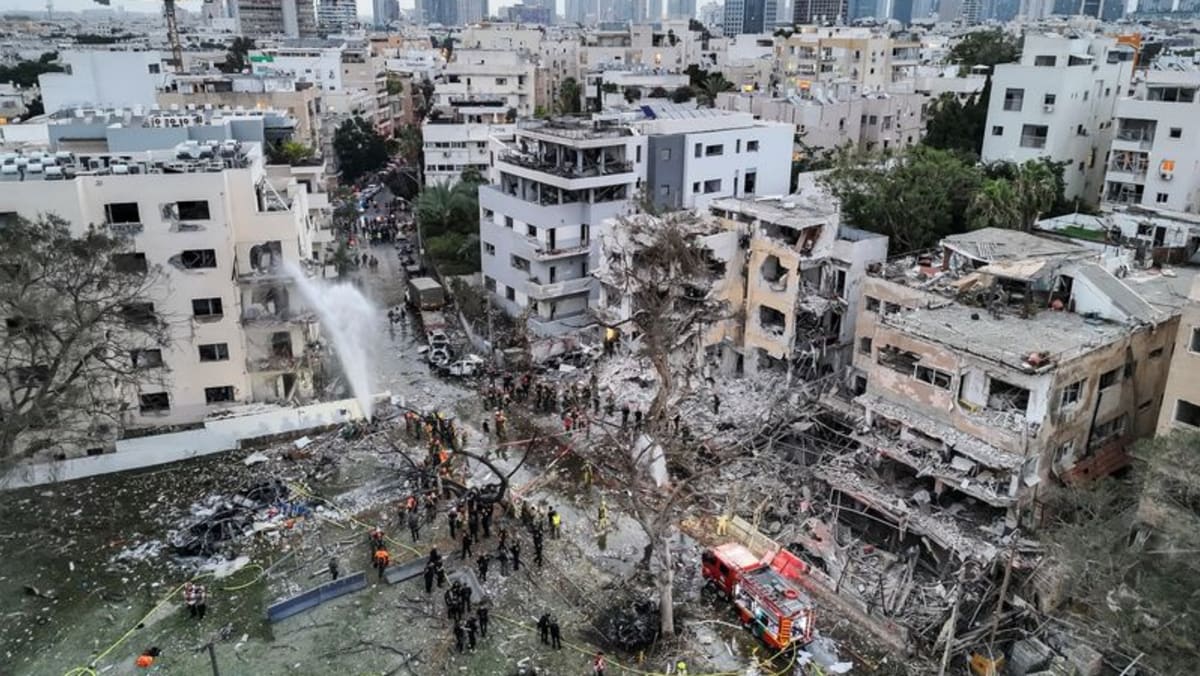In any case, Israel still needs the US. And Trump has no interest in letting Israel drive up oil prices or create a rift between him and America’s Gulf allies, which just agreed to funnel trillions of dollars in investment toward the US.
Nor can Israel hope for the tacit complicity that the Arab states demonstrated in its war against Hamas and Hezbollah. While these countries have no love for Iran, they have a vested interest in regional stability, especially as they work to diversify their economies.
A cornered Iran might even attack the Gulf states directly, hitting their oil installations or disrupting transport lanes in the Persian Gulf. These countries want a nuclear deal, not a regional conflagration.
DIPLOMACY WILL REMAIN THE ONLY ANSWER
Iran probably wants roughly the same. Though it withdrew from scheduled nuclear talks in Oman, its military response has been confined to Israeli targets.
Notably, despite having poured billions of dollars into its regional proxies in recent years, it has refrained from activating them – however diminished they may have been rendered by Israel – against American or Arab targets.
But if Iran finds itself with its back against the wall, it can force a reluctant Hezbollah and its Iraqi militias into the fight. If not now, when? It is for occasions like this that the alliances were created in the first place.
Iran can also incite attacks against Israel elsewhere, such as the West Bank. Moreover, it will probably withdraw from the Nuclear Non-Proliferation Treaty, opening the way for it to achieve nuclear breakout – a process that would take mere months.
